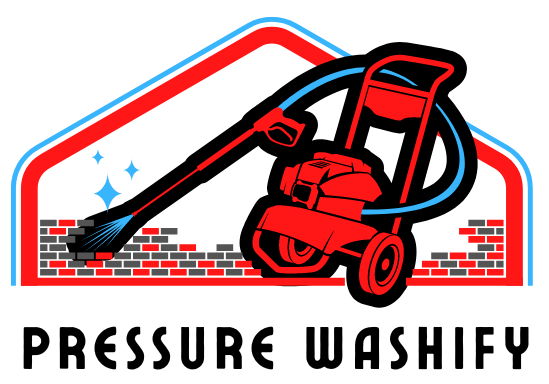404 • Page not found
Oops! The page you are looking for does not exist.
It might have been moved or deleted. Try a search below...
Oops! The page you are looking for does not exist.
It might have been moved or deleted. Try a search below...

PressureWashify is a one-stop resource for all things pressure washing related. We aim to help you find the best pressure washer that suits your needs and budget. While providing a ton of useful tips, hacks and product reviews.
No matter if you want water blasting information or just want to read product reviews, we’ve got you covered!